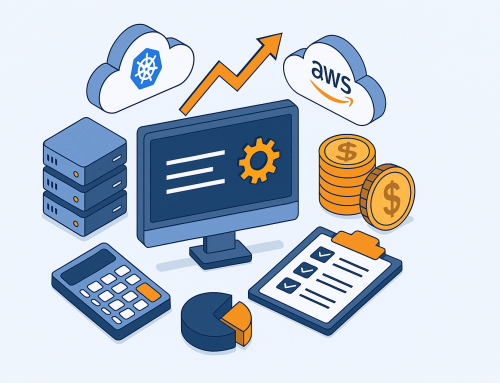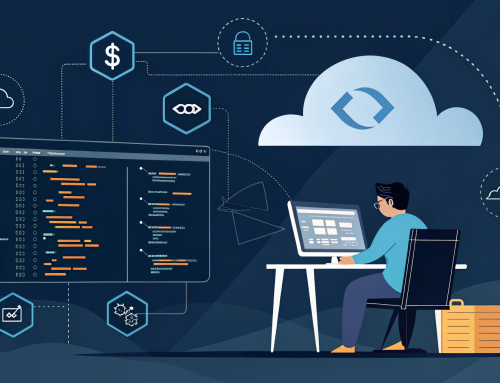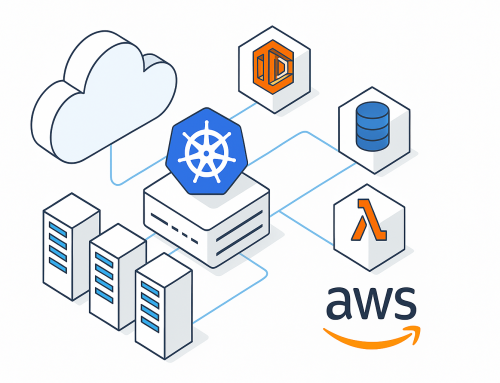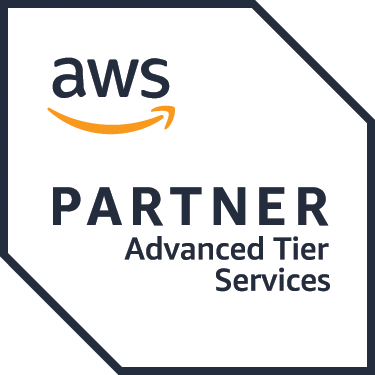
What is DevOps?? It’s a buzz word right? We hear about it everywhere in the recent times in articles, journals, blogs, etc., There are also many conferences happening on DevOps. Let’s understand what exactly DevOps means, the main advantages of DevOps & how it can help in improving the productivity of any Organization.
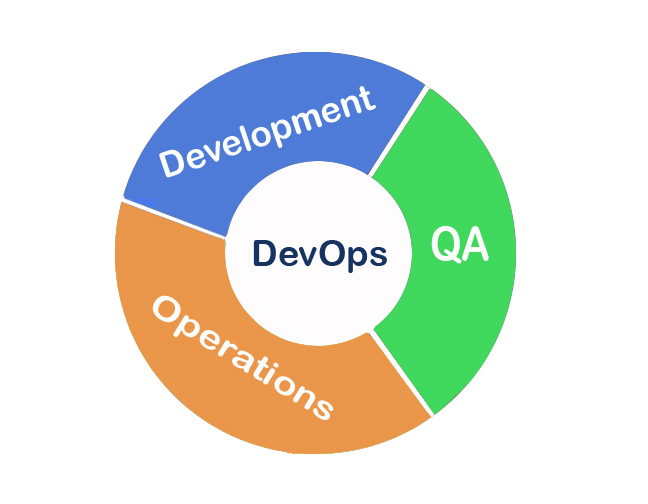
DevOps is nothing but the methodology that helps in bridging the gap between the developer’s team & the operations team in an organization. The main idea is to help in better collaboration, better communication & the actual goal is to build trust & reduce the friction between the Dev & Ops teams.
Who must implement DevOps?
Do you want to host your product / development onto cloud?
If so, you are at the right place! Customers ask for the products / development can be delivered briskly & efficiently. If your product / development that is required to release very frequently like weekly, monthly or quarterly are recommended to adapt DevOps to gain a better result.
What kind of methodology to adopt in order to achieve this?
Well, we help you to deliver your products in a shortest span using continuous delivery (CD) & to improve the product using continuous integration (CI).
“Continuous Integration does not get rid of bugs, but it does make them to dramatically easier to find & remove them.” — Martin Flower
Code changes that are made by the different team members will be merged together as a single working software, which is known as the integration phase. During this integration phase there are more chances of conflict in the code, which in turn results in the inefficiency of the development.
Following are the benefits of the Continuous Integration (CI):
- Catch issues fast & rectify them in the bud.
- Everyone will be aware of what is happening.
- Automate the build.
- Can build fast.
- No need to wait till the code is reviewed completely.
- CI leads to deliver faster.
Jenkins is one of the powerful & an open source tool that is used to integrate & test the code developed by the different teams to build the product/development faster. The main feature of Jenkins is version controlling capacity & to initiate the build whenever any changes in the code. A source code repository like GitHub, SVN can be configured using Jenkins. Jenkins also supports building tools such as ant & maven.
The other advantages of using Jenkins are:
- Failed builds can be cached at the integration stage.
- An automatic build notification will be sent after every build success or failure.
- Can achieve agile development & test methodology.
- Versioning of build is made easier.
- Tracking bugs & fixing them can be done early.

Deploying on to cloud:
Do you want to host on to the cloud?
Leveraging the advantages of the cloud for the products/developments that are developed using the CI is still made easier. Here we provide you the end to end cloud services where you can easily scale & secure your application whenever is required. But, imagine if your application is deployed into the different environments on the cloud automatically? Thanks to the AWS CloudFormation, where with the help of the templates and scripts deploy the built product / solution automatically to the respective environment to the AWS cloud.
Why should I host on the cloud?
Cloud is responsible for the tremendous impact on the usage growth of the technologies by the consumers now a days. Technologies such as social media, e-commerce are the happiest business makers due to the vast advantages of the cloud.
Below are some of the advantages of the cloud:
- Can scale up/down your application whenever necessary.
- The latency to access your application/development is reduced drastically.
- It saves your unnecessary expenses on resources.
- Security is the basic feature of the cloud.
- Maintaining 24/7.
- Disaster recovery & auto back-up is an added strength.
Once the product/development is built using Jenkins, the CloudFormation script is invoked & automatically deploys the product/development to the different environments once the product is verified. This continuous process is nothing but “Continuous Deployment”. We can also notify the respective team regarding the dispatch & arrival of the new version of the product/development, which makes the deployment yet more transparent. Once the product/development reaches the production environment, going-live is also made automatic using the same script.
While the integration & the deployment are made more easier & brisk, Jenkins & CloudFormation helps you to concentrate more on the business as well as the improvement of the product.
The challenges vary from customer to customer, and no single DevOps adoption approach works for all the customers. At CloudJournee, we help our customers with a tailored DevOps adoption approach.


